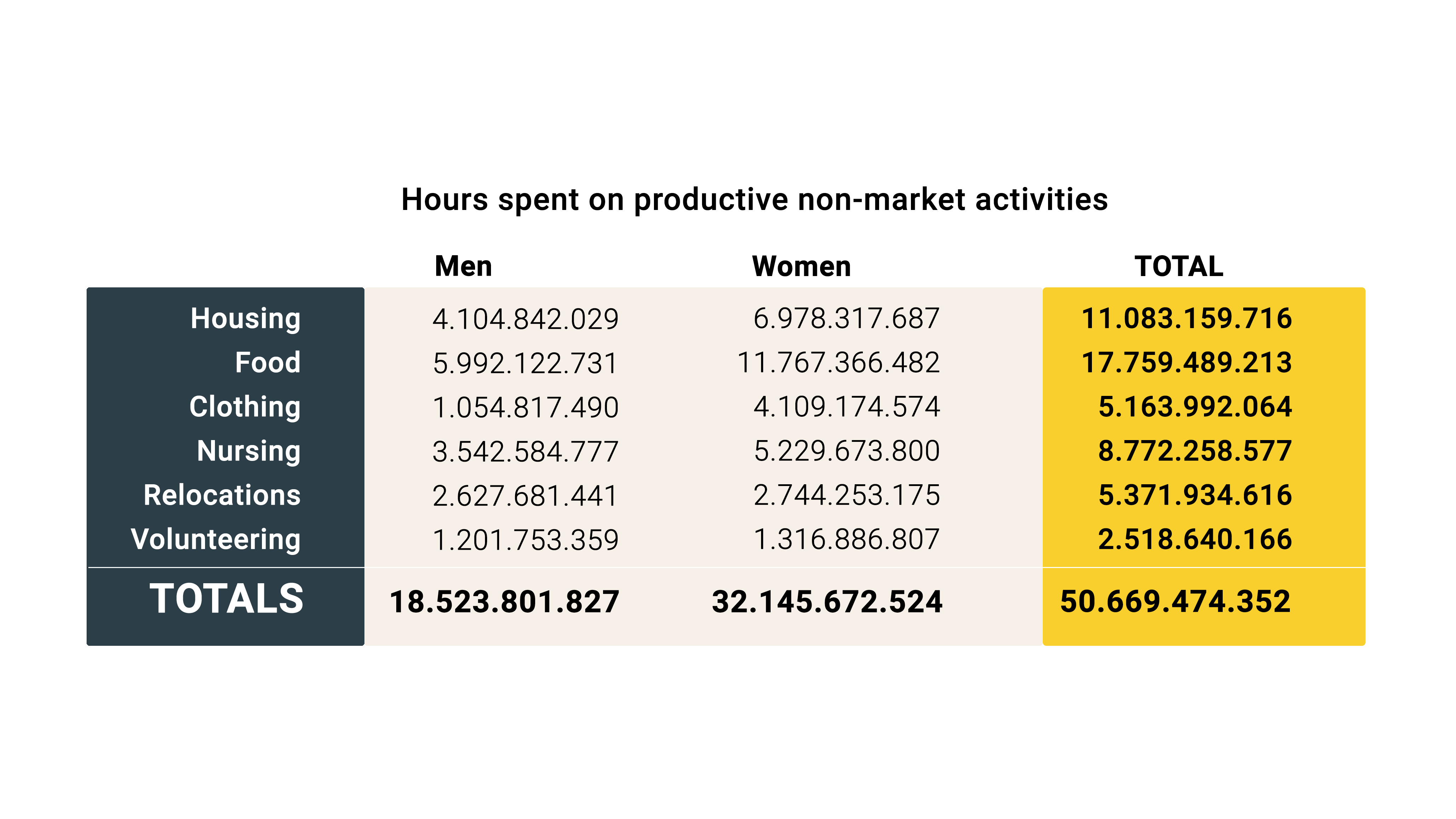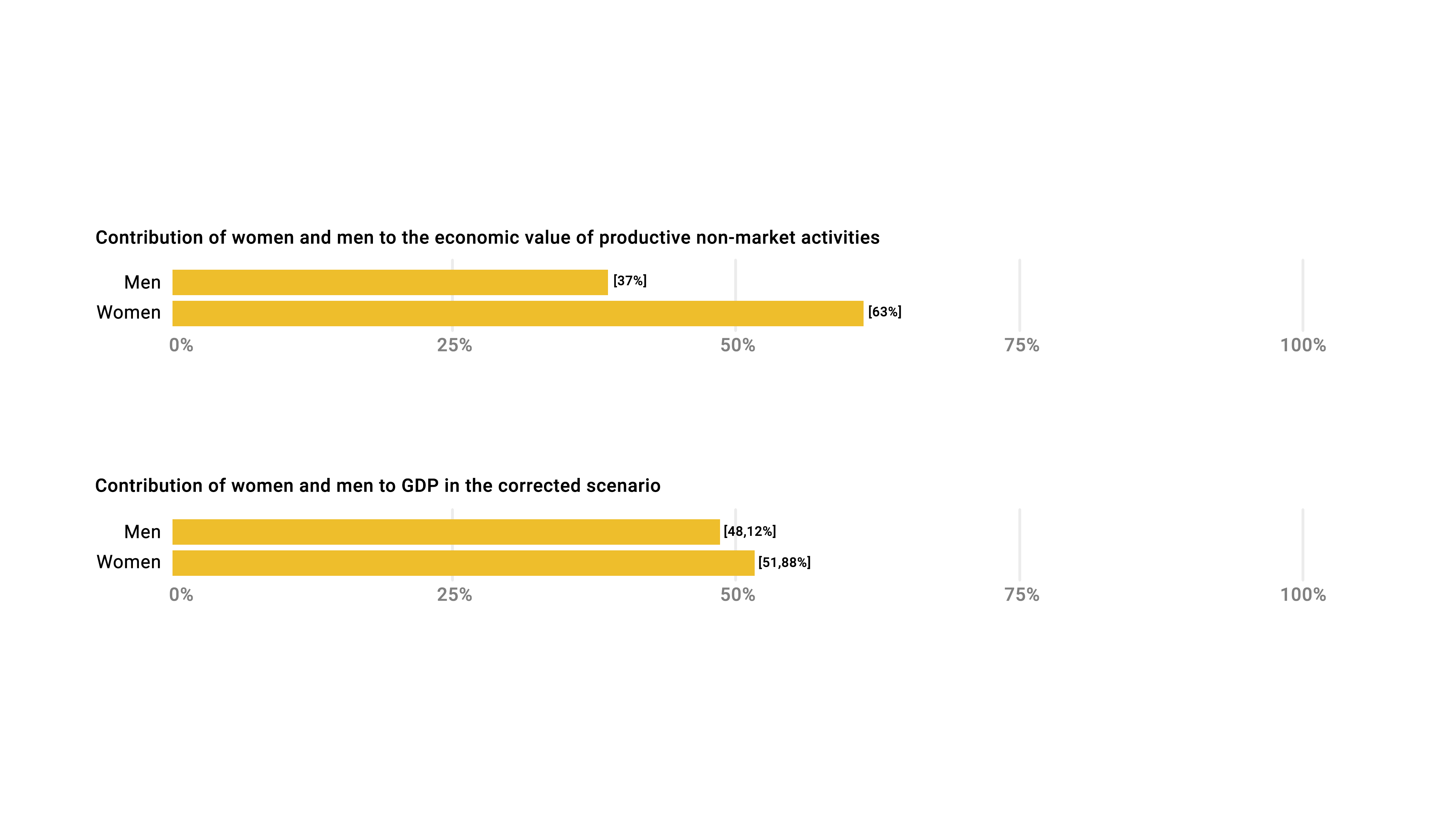

The work that women give away
Women dedicate 62% of their working day to unpaid domestic work. If these tasks were recognized, the Spanish GDP would rise by 40% and women would be responsible for almost 52% of the wealth.
On March 8, 2023, the employers’ association PIMEC published a study that should be remembered every Woman’s Day. The contribution of women to the Spanish economy is a detailed work in collaboration with the University of Santiago de Compostela. Data is analyzed since 2007, taking into account wages, jobs, contribution to GDP and, especially, the differences between unemployed men and women.
The study came to the conclusion that a large part of the economic activity of the state is invisible, as if it were not important, when in reality it is one of the economic tractors of society. The traditional dedication of women to domestic tasks, assistance, and care has relegated this economic activity to the privacy of homes, not recognizing it. But behind a woman who leaves work to take care of children, parents or partners, there is a woman who goes into the unpaid economy. However, the fact that it is not paid does not mean that it is not work and that it does not have an economic impact.
If the work of all these women were paid, it would mean a 40% increase in Spanish GDP. These are not random numbers. In the following table, you can see the dedication in hours of men and women to tasks considered non-productive. The participation of women is almost double that of men.
This has a direct economic translation and calculated very conservatively. In the study, they value the price of an hour of household work at just 7.82 euros per hour. With this modest calculation, the domestic work carried out by women would be equivalent to 541,000 million euros, i.e. 40.7% of Spain’s GDP in 2022.
Does only productivity matter in economics?
Women’s Day is a day to claim equality. The focus is usually on the wage gap between men and women, on the difficulty of reconciling, and on the small number of women in managerial positions. All these claims are true, but this must be added: the unpaid financial contribution is invisible. Therefore, a pertinent question must be asked, is only economy what is productive? What is bought and sold? Household and care tasks are indispensable. Everyone has to do them. When the effort falls, frequently, on women, they are ceasing to earn money so that others can do it. This makes them dependent and involuntarily generous: without their contribution, the individual and collective economy would be seriously damaged. It is the work that women give away.
11Onze is the community fintech of Catalonia. Open an account by downloading the app El Canut for Android or iOS and join the revolution!
Leave a Reply
You must be logged in to post a comment.







👍
🙏
gràciess
Gràcies a tu, Joan!!!